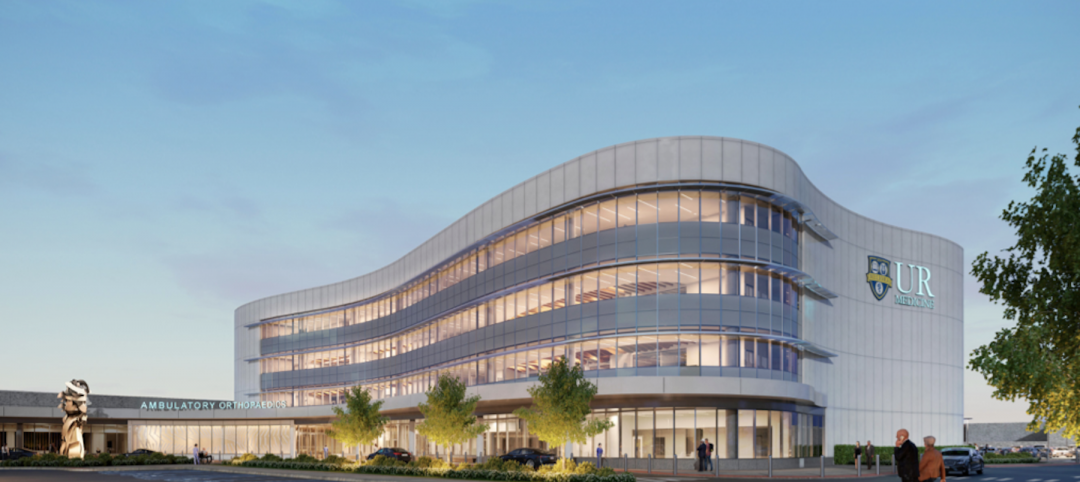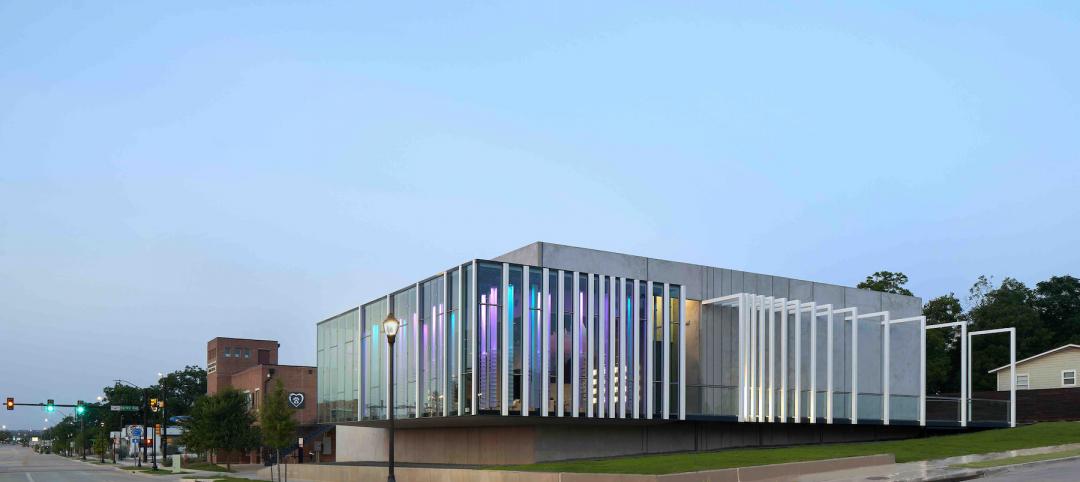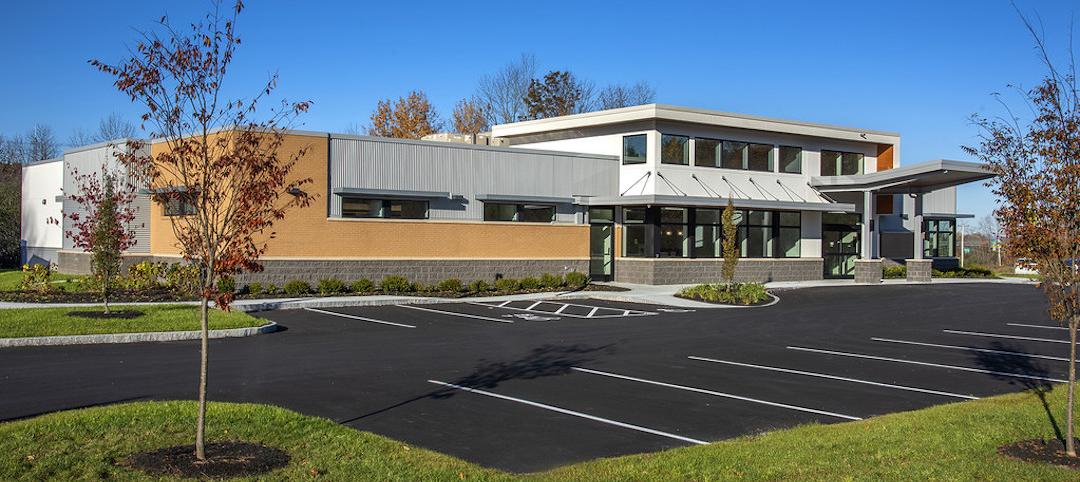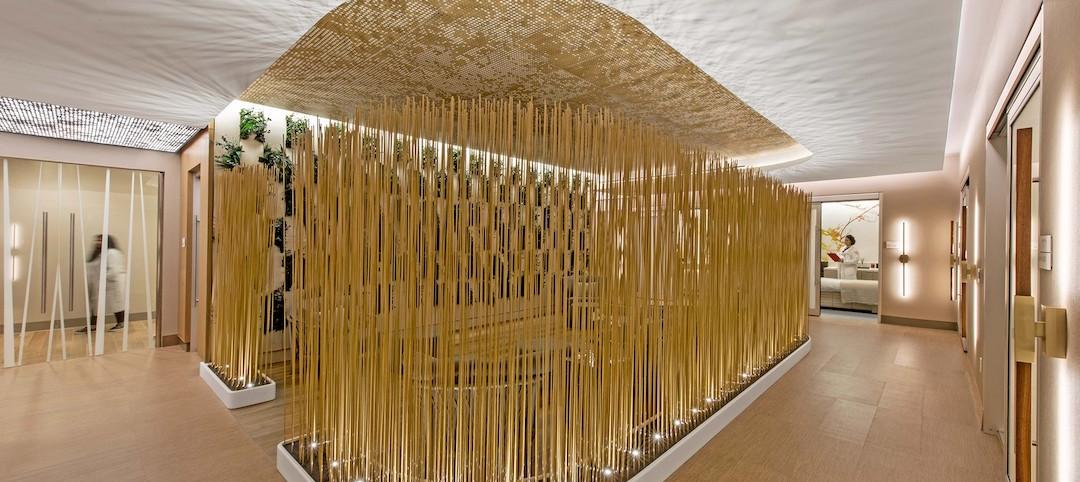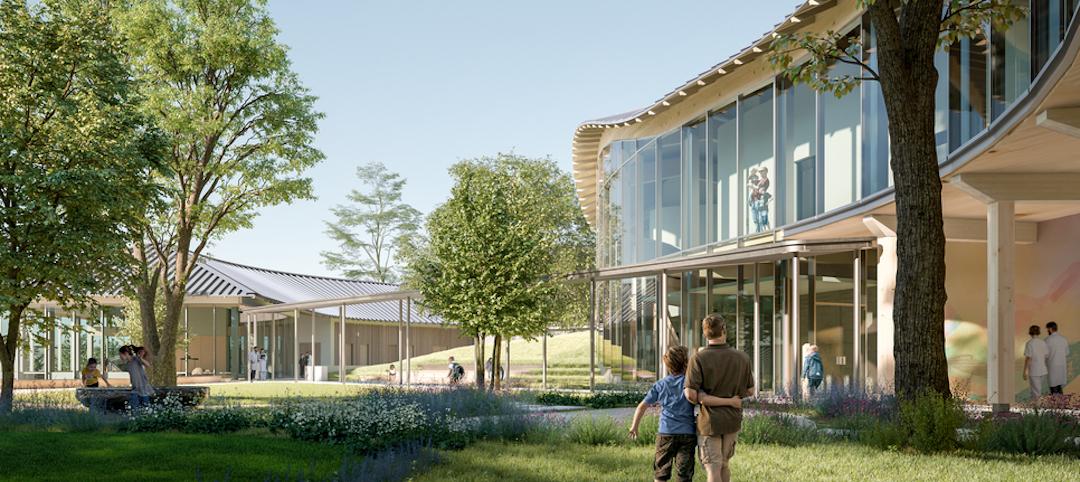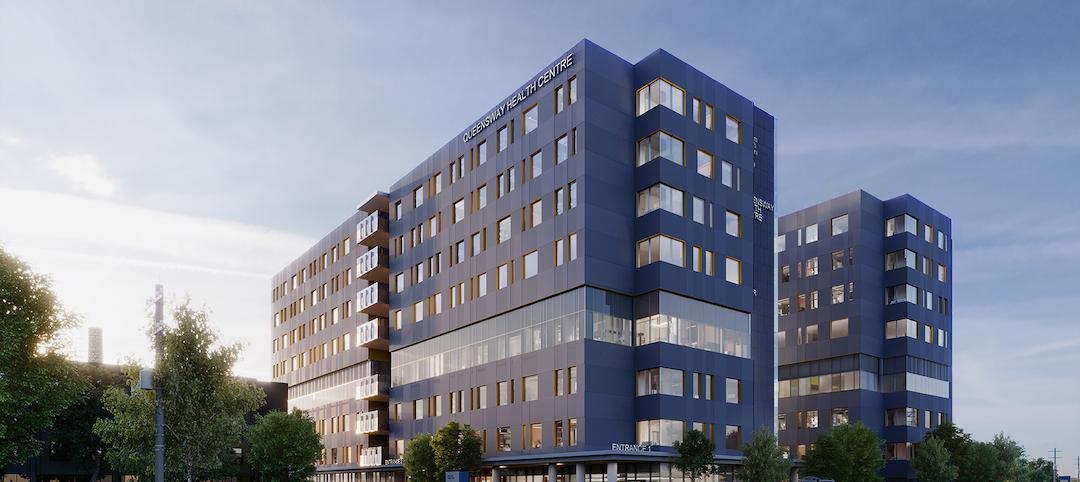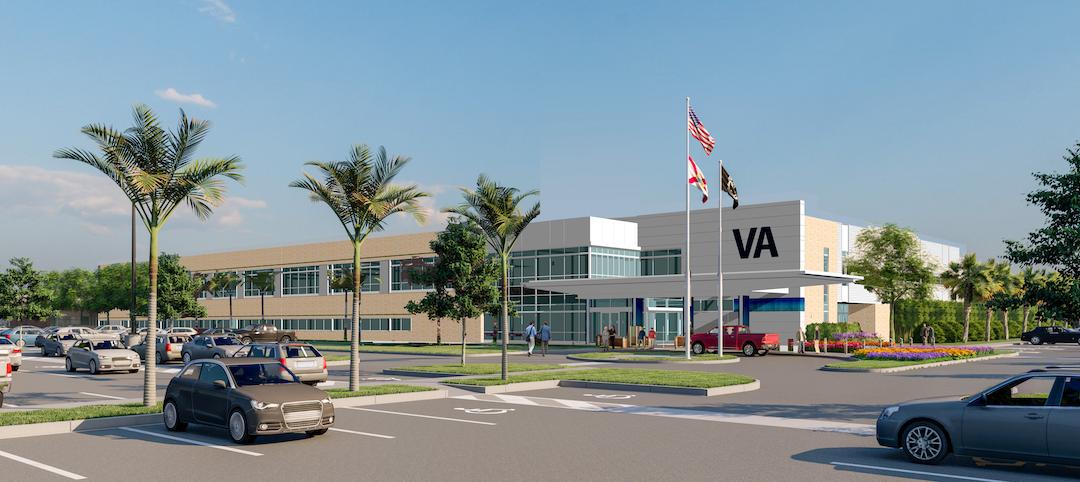The occasional pleasant surprise is always nice, but an unanticipated tornado is rarely greeted with enthusiasm. Most of us prefer a relatively predictable future with adequate warning when the occasional storm heads our way.
Unfortunately, our current political drama has made our healthcare clients view the future of their business environment in much the same way most of us approach the latest weather report. We want to stay abreast of the latest news, but what we hear is greeted with skepticism.
Just as very few of us would bet a significant amount of our wealth on the reliability of weather predictions, our healthcare clients are struggling with how best to approach long-term planning when our national healthcare policy seems to change with the nightly news cycle.
Within this rancorous political environment and the uncertainty that it imposes on the healthcare industry, architects are asking themselves how they can best serve their healthcare clients with decisions that have significant cost and long-term implications.
Our advice to fellow architects and clients alike is to focus on what you know and avoid speculative investments.
We know, for example, that most of the nation’s healthcare infrastructure is aging, with many hospital campuses occupied by buildings that are ill-suited to meet the demands of modern healthcare.
We know that we have an aging Baby Boomer population that will require care and treatment for chronic problems that accompany old age. We also know that they are living longer than their parents did.
We’re aware, too, that the demographic and financial composition of the country is evolving. We know that many of the rural areas of the country are poorly served and lack adequate healthcare services. We also know that many urban areas have inadequate or poorly distributed trauma services.
These realities provide direction for where healthcare providers might make meaningful and defensible investments—at least until the political seas calm and the way forward is a bit more predictable.
For healthcare architects, these realities also offer potential opportunities for marketing strategies that can be tailored toward the types of projects that might surface during this stressful period. Projects could include the modernization of existing facilities, conversions from semi-private rooms to private rooms, or energy system upgrades that reduce operating costs.
More proactively, healthcare planners and designers might consider bundling services that are directed toward strategically assisting their clients with assessing opportunities within their existing healthcare campuses—opportunities that could improve operational efficiency, space utilization, and throughput.
Architects may be as ill-equipped to resolve the healthcare policy turmoil as everyone else, but healthcare designers are very well positioned to assist their clients strategically with insight and creativity—not only to navigate the stormy waters that are currently roiling the industry, but also to make meaningful interventions that provide long-term value to the communities they and their healthcare clients serve.
Related Stories
Projects | Mar 15, 2022
Old Sears store will become one of the largest orthopaedics outpatient facilities in the Northeast
A former Sears store in Rochester, N.Y., will be transformed into one of the largest orthopaedics outpatient facilities in the Northeast.
Projects | Mar 10, 2022
Optometrist office takes new approach to ‘doc-in-a-box’ design
In recent decades, franchises have taken over the optometry services and optical sales market. This trend has spawned a commodity-type approach to design of office and retail sales space.
Industry Research | Mar 2, 2022
31 percent of telehealth visits result in a physical office visit
With little choice but to adopt virtual care options due to pandemic restrictions and interactions, telehealth adoption soared as patients sought convenience and more efficient care options.
Healthcare Facilities | Feb 15, 2022
New outpatient ophthalmology surgical center opens in Newington, N.H.
JSA Design designed the project.
Resiliency | Feb 15, 2022
Design strategies for resilient buildings
LEO A DALY's National Director of Engineering Kim Cowman takes a building-level look at resilient design.
Healthcare Facilities | Feb 10, 2022
Respite for the weary healthcare worker
The pandemic has shined a light on the severe occupational stress facing healthcare workers. Creating restorative hospital environments can ease their feelings of anxiety and burnout while improving their ability to care for patients.
Coronavirus | Jan 20, 2022
Advances and challenges in improving indoor air quality in commercial buildings
Michael Dreidger, CEO of IAQ tech startup Airsset speaks with BD+C's John Caulfield about how building owners and property managers can improve their buildings' air quality.
Healthcare Facilities | Jan 7, 2022
Supporting hope and healing
Five research-driven design strategies for pediatric behavioral health environments.
Healthcare Facilities | Dec 20, 2021
Stantec will design the new Queensway Health Centre
The project is located in Toronto.
Healthcare Facilities | Dec 16, 2021
Leo A Daly designs mental health clinic for veterans in Tampa
The new facility will consolidate all mental health services the VA offers into one clinic.



